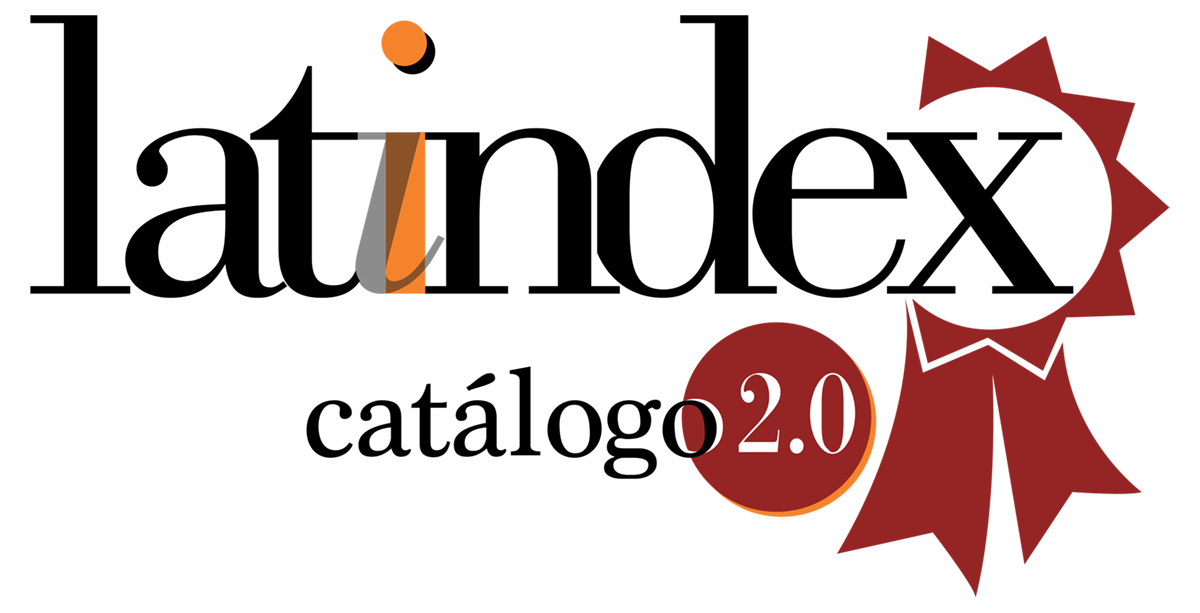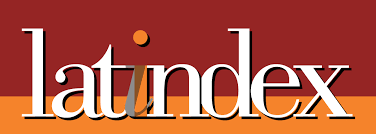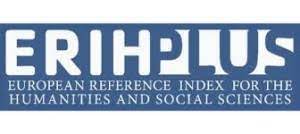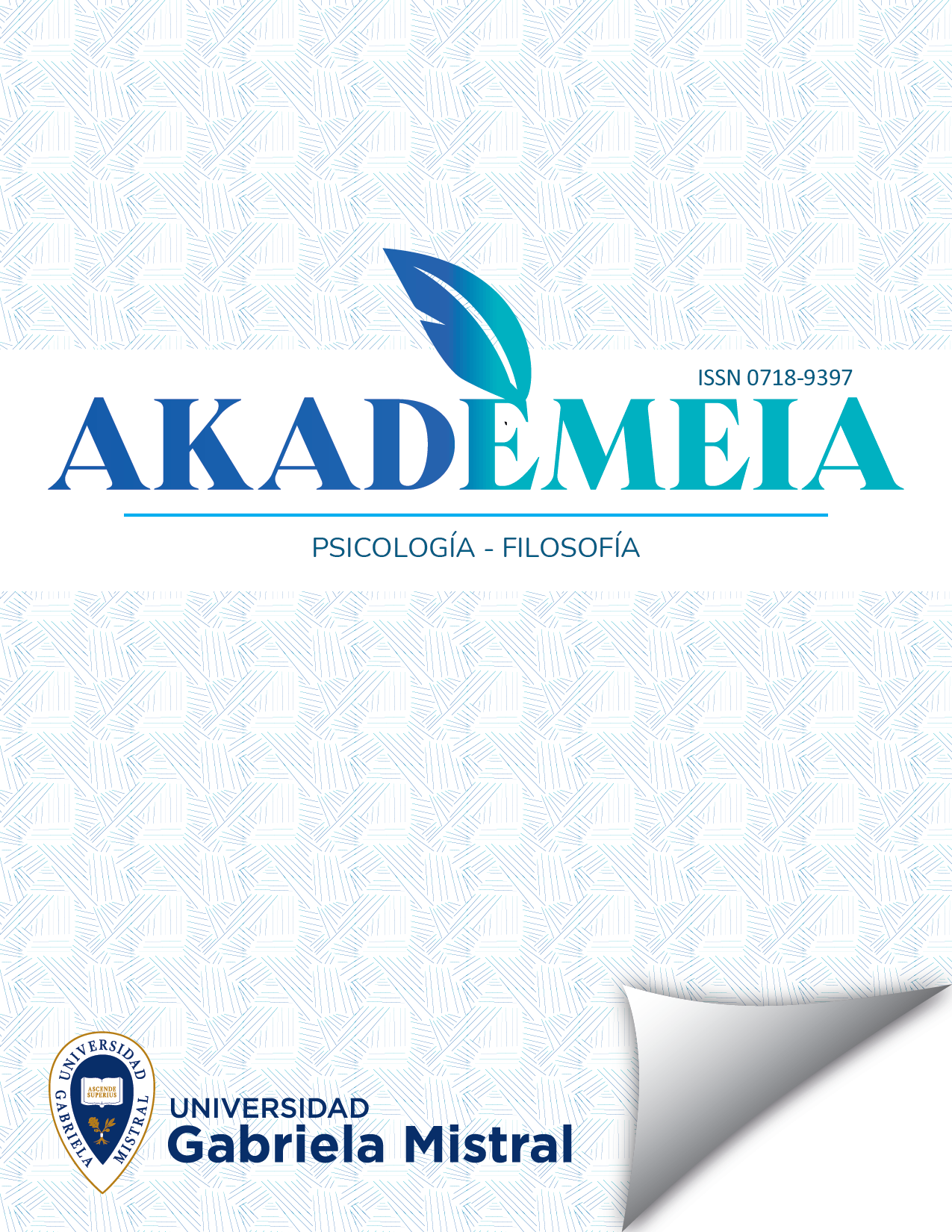Emotional Management of Differential Education teachers during the course of the Covid-19 Pandemic
DOI:
https://doi.org/10.61144/0718-9397.2022.448Abstract
This research describes the emotional management skills used by Special Education teachers who worked in school integración programs during the COVID-19 pandemic. This investigación was a qualitative type, with an exploratory-descriptive approach. In-depth interviews were used to gather información about the teachers' emotional experiences. The results conclude that the teachers experienced unpleasant emotions of high and low energy such as frustration, loneliness, tiredness, among others. The incidence of these feelings was primarily due to the pandemic crisis which perpetuated the precarization of the teachers' labour and the school institution stiffened driven by the administrativo duties, instead of strengthening well-being school cultures. These findings serve to highlight the need for the creation of formative spaces for the development of socioemotional abilities that promote the mental health care of educational communities and their members.
Keywords: Distance Education, Special Education, pandemic, socioemotional learning, Teachers competencies .
References
Bibliografía
Ainscow, M. y Booth, T. (2012). Guía para la Inclusión Educativa: Desarrollando el Aprendizaje y la Participación en las Escuelas. Santiago : CFC.
Bächler, R., & Pozo, J. (2016). I feel, therefore I teach? Teachers’ conceptions of the relationships between emotions and teaching/learning processes / ¿Siento, luego enseño? Concepciones docentes sobre las relaciones entre las emociones y los procesos de enseñanza/aprendizaje. Infancia y Aprendizaje, 39(2), 312–348. doi:10.1080/02103702.2015.1133088
Bächler, R., y Pozo, J. (2018). Infancia y Aprendizaje. Journal for the Study of Education and Development, 41(4), 733-794.
Bass, B. M. (1985). Leadership and performance beyond expectations. New York: Free Press.
Baumsteiger, R., Hoffmann, J., Castillo-Gualda, R., & Brackett, M. (2021). Enhancing school climate through social and emotional learning: effects of RULER in Mexican secondary schools. Learning Environments Research. doi:10.1007/s10984-021-09374-x
Birch, S., & Ladd, G. (1996). Interpersonal relationships in the school environment and children's early school adjustment: The role of teachers and peers. In J. Juvonen & K. R. Wentzel (Eds.), Social motivation: Understanding children's school adjustment (pp. 199–225). Cambridge University Press.
Bisquerra, R. (2009). Psicopedagogía de las emociones. Madrid: Editorial Síntesis S. A.
Brackett, M. (2019). Permiso para sentir. Ciudad de México: Editorial Planeta Mexicana.
Brackett, M., Bailey, C., Hoffmann, J. & Simmons, D. (2019). RULER: A Theory-Driven, Systemic Approach to Social, Emotional, and Academic Learning. Educational Psychologist, 54(3), 144–161. doi.org/10.1080/00461520.2019.1614447
Brackett, M., Palomera, R., Mojsa-Kaja, J., Reyes, M., & Salovey, P. (2010). Emotion-regulation ability, burnout, and job satisfaction among British secondary-school teachers. Psychology in the Schools, 47(4), 406–417.
Brackett, M. & Caruso, D.(2007). Emotionally literacy for educators. Cary, NC: SELmedia.
Brotheridge, C. & Grandey, A. (2002). Emotional intelligence and burnout: Comparing two perspectives of ‘people work’. Journal of Vocational Behavior, 60, 17-39.
CEPAL (2020). Dimensionar los efectos del COVID-19 para pensar en la reactivación. Informe Especial, COVID-19. No.2, Santiago de Chile
Chan, D. (2008). Emotional intelligence, self-efficacy, and coping among Chinese prospective and in-service teachers in Hong Kong. Educational Psychology, 28 397–408.
Dunn, E., Brackett, M., Ashton-James, C., Schneiderman, E., & Salovey, P. (2007). On Emotionally Intelligent Time Travel: Individual Differences in Affective Forecasting Ability. Personality and Social Psychology Bulletin, 33(1), 85–93. doi:10.1177/0146167206294201
Echeita, G. y Ainscow, M. (2011). La educación inclusiva como derecho. Marco de referencia y pautas de acción para el desarrollo de una revolución pendiente. Tejuelo, Revista de Didáctica de la Lengua y la Literatura,12, 26-46.
Elias, M., Arnold, H. & Steiger-Hussey, C. (2003). EQ+IQ=Best Leadership Practices for Caring and Successful Schools. California: Corwin Press Inc.
Emmer, E.T. (1994). Toward an understanding of the primary of classroom management and discipline. Teaching Education, 6, 65-69.
Feeney, B. & Collins, N. (2015): “Thriving Through Relationships”. Current Opinion in Psychology, 1, 22-28. DOI: https://doi.org/10.1016/j.copsyc.2014.11.001.
Flick, U. (2015). El diseño de la investigación cualitativa. Madrid: Morata.
García-Sancho, E., Salguero, J. & Fernández-Berrocal, P. (2014). Relationship between emotional intelligence and aggression: A systematic review. Aggression and Violent Behavior, 19(5), 584–591. http://doi.org/10.1016/j.avb.2014.07.007
Goleman, D. Boyatzis, R. & McKee, A. (2016). El líder resonante crea más: el poder le la inteligencia emocional. España. Penguin random hause grupo editorial España, S.A.
Gutíérrez, M., Cabello, R. y Fernández Berrocal, P. (2017). Inteligencia emocional, control cognitivo y estatus socioeconómico de los padres como factores protectores de la conducta agresiva en la niñez y la adolescencia. Revista interuniversitaria de formación del profesorado. 31 (88) 39-52.
Izard, C. E. (2009). Emotion Theory and Research: Highlights, Unanswered Questions, and Emerging Issues. Annual Review of Psychology, 60(1), 1–25. doi:10.1146/annurev.psych.60.110707.163539
Kim, L., & Asbury, K. (2020). “Like a rug had been pulled from under you”: The impact of COVID-19 on teachers in England during the first six weeks of the UK lockdown. British Journal of Educational Psychology 90: 1062–1083. [Crossref], [PubMed], [Web of Science ®], [Google Scholar]
Kelle, U., & Buchholtz, N. (2015). The Combination of Qualitative and Quantitative Research Methods in Mathematics Education: A "Mixed Methods" Study on the Development of the Professional Knowledge of Teachers. In A. Bikner-Ahsbahs, C. Knipping, & N. Presmeg (Eds.), Approaches to qualitative research in mathematics education. Examples of Methodology and Methods Dordrecht: Springer.
Keller, M., Chang, M., Becker, E., Goetz, T. & Frenzel, A. (2014): “Teachers’ Emotional Experiences and Exhaustion as Predictors of Emotional Labor in the Classroom: An Experience Sampling Study”. Frontiers in Psychology, 5, 1442. DOI: https://doi.org/10.3389/ fpsyg.2014.01442.
Li, S., Wang, Y., Xue, J., Zhao, N., & Zhu, T. (2020). The impact of COVID-19 epidemic declaration on psychological consequences: A study on active Weibo users. International Journal of Environmental Research and Public Health, 17, 2032.
López Cassà, È. y Pérez-Escoda, N. (2020). La influencia de las emociones en la educación ante la COVID-19: El caso de España desde la percepción del profesorado. Barcelona, Universitat de Barcelona. GROP. Documento electrónico. https://bit.ly/3io40sm
Marchesi, A. (2012). El bienestar de los docentes en tiempos de crisis. Revista Fuentes, 12, 9-12.
Mayring, P. (2000). Qualitative Content Analysis. Forum Qualitative. Sozialforschung/Forum: Qualitative Social Research.1(2).
Martínez-Izaguirre, M., Yániz-Álvarez de Eulate, C., y Villardón-Gallego, L. (2017). Competencias profesionales del profesorado de educación obligatoria. Revista Iberoamericana de Educación(74), 171-192.
MINEDUC. (2020, 25 de marzo). Se extiende período de suspensión de clases. Ministerio de Educación de Chile. https://www.mineduc.cl/se-extiende-periodode-suspension-de-clases/
MINEDUC. (2017). Orientaciones sobre estrategias diversificadas de enseñanza para educación básica, en el marco del decreto 83/2015.
MINEDUC. (2009). Decreto Nº170/2009. Fija normas para determinar los alumnos con necesidades educativas espciales los que serán beneficiariosde las suvbenciones para educación especial. Santiago, Metropolitana, Chile.
MINEDUC.(1998). Instructivo No 0191 sobre Proyectos de Integración Escolar. Decreto Supremo No 1/98
Miras, C. y Coll M. (2010). Diferencias individuales y atención a la diversidad en el aprendizaje escolar. En J. P. C. Coll, Desarrollo psicológico y educación (págs. 331-356). Madrid: Alianza.
O. N. U. (2007). Convención sobre los derechos de las personas con discapacidad.
Palomera, R. Fernandez-Berrocal, P. y Brackett, M. (2008). La inteligencia emocional como una competencia básica en la formación inicial de los docentes: algunas evidencias. Revista Electrónica de Investigación Psicoeducativa.6 (2) 437-454
Pérez-Luco, R., Lagos Gutiérrez, L., Mardones Barrera, R., Sáez Ardura, F.(2017). "Taxonomía de diseños y muestreo en investigación cualitativa. Un intento de síntesis entre las aproximaciones teórica y emergente". Ámbitos. Revista Internacional de Comunicación. 39.
Priestly, M., Biesta, G., & Robinson, S. (2018). Teacher agency: An ecological approach. Bloomsbury. https://doi.org/10.5040/9781474219426.0005
Salovey, P. & Mayer, J.D. (1990). Emotional intelligence. Imagination, Cognition and Personality, 9, 185-211.
Salovey, P. & Sluyter, D. J. (eds.). (1997). Emotional development and emotional intelligence: Educational implications.New York: Basic Books.
Sutton, R. & Wheatley, K.. (2003): Teachers Emotions and Teaching: A Review of the Li- terature and Directions for Future Research. Educational Psychology Review, 15, 327-358
Torrente, C., Rivers, S. & Brackett, M. (2016). Teaching Emotional Intelligence in Schools: An Evidence-Based Approach. Psychosocial Skills and School Systems in the 21st Century, 325–346. doi:10.1007/978-3-319-28606-8_13
Rey, L. y Extremera, N. (2011): “El apoyo social como un mediador de la inteligencia emocional percibida y la satisfacción vital en una muestra de profesorado”. Revista de psicología social, 26 (3), 401-412. DOI: https://doi.org/10.1174/021347411797361329.
Robinet-Serrano, A. y Pérez-Azahuanche, M. (2020): “Estrés en los docentes en tiempos de pandemia Covid-19”. Polo del Conocimiento, 5 (12), 637-653. DOI: https://doi.org/10.23857/pc. v5i12.2111.
Vanderberghe, J. & Huberman, A.M. (Eds.)(1999). Understanding and preventing teacher burnout: A sourcebook of international research and practice. Cambridge, UK: Cambridge University Press.
Villalobos, K. (2021). ¿Cómo es el trabajo de los profesores de educación básica en tiempos de pandemia? Modalidades de aprendizaje y percepción del profesorado chileno sobre la educación a distancia. Perspectiva Educacional, 60(1), 107-138. https://dx.doi.org/10.4151/07189729-vol.60-iss.1-art.1177
Warnock Report (1978). Special Educational Needs. Report of the Committee of Enquiry into the Education of Handicapped Children and Young People. London: Her Majesty's Stationery Office.
World Bank (2020). The Covid-19 Pandemic: Shocks to Education and Policy Responses. Washington, DC: World Bank.
Yoon, J. (2002). Teacher characteristics as predictors of teacher-student relationships: stress, negative affect, and self-efficacy. Social Behavior and Personality: An International Journal, 30(5), 485-493.
How to Cite
License
Copyright (c) 2022 Lucía Mondaca Cabrera et al.

This work is licensed under a Creative Commons Attribution-NonCommercial-NoDerivatives 4.0 International License.
Los autores/as conservarán sus derechos de autor y garantizarán a la revista el derecho de primera publicación de su obra, el cual estará simultáneamente sujeto a la Licencia de reconocimiento de Creative Commons (CC BY-NC-ND) 4.0 que permite a terceros compartir la obra siempre que se indique su autor y se comparta el documento, en formato pdf y con la paginación del número original, a través del que este ha sido publicado por la revista. Siguiendo las definiciones establecidas por la licencia (ver: https://creativecommons.org/licenses/by-nc-nd/4.0/deed.es) los números de la revistas seguirán los siguientes términos:
-
Atribución — Usted debe dar crédito de manera adecuada, brindar un enlace a la licencia, e indicar si se han realizado cambios. Puede hacerlo en cualquier forma razonable, pero no de forma tal que sugiera que usted o su uso tienen el apoyo de la licenciante.
-
No Comercial — Usted no puede hacer uso del material con propósitos comerciales.
-
Sin Derivadas — Si remezcla, transforma o crea a partir del material, no podrá distribuir el material modificado.
- No hay restricciones adicionales — No puede aplicar términos legales ni medidas tecnológicas que restrinjan legalmente a otras a hacer cualquier uso permitido por la licencia.












